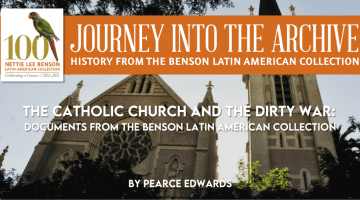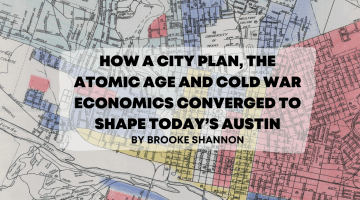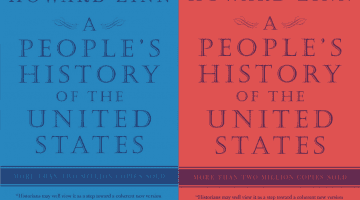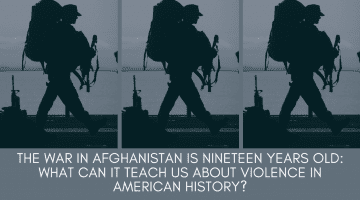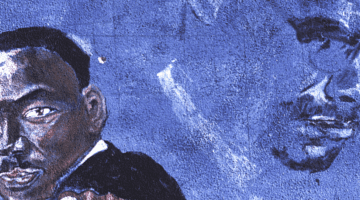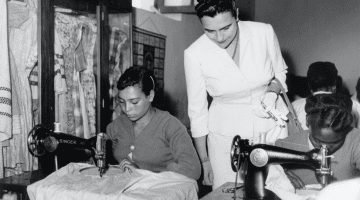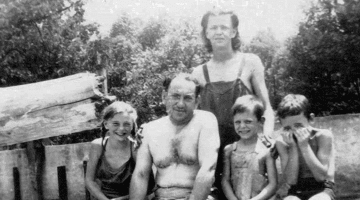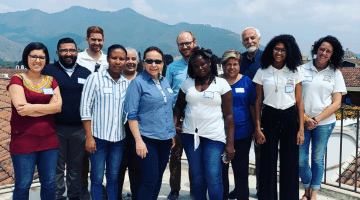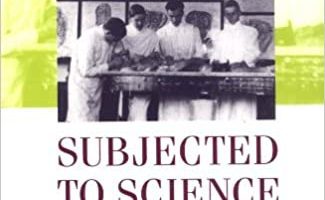
Subjected to Science: Human Experimentation in America before the Second World War by Susan Lederer explores the production of medical knowledge through human experimentation and animal vivisection. Lederer’s contextualization of the subject and her well-chosen examples enlighten readers and allow us to explore the intersection between politics, economy, medicine, and, of course, issues of ethical […]
